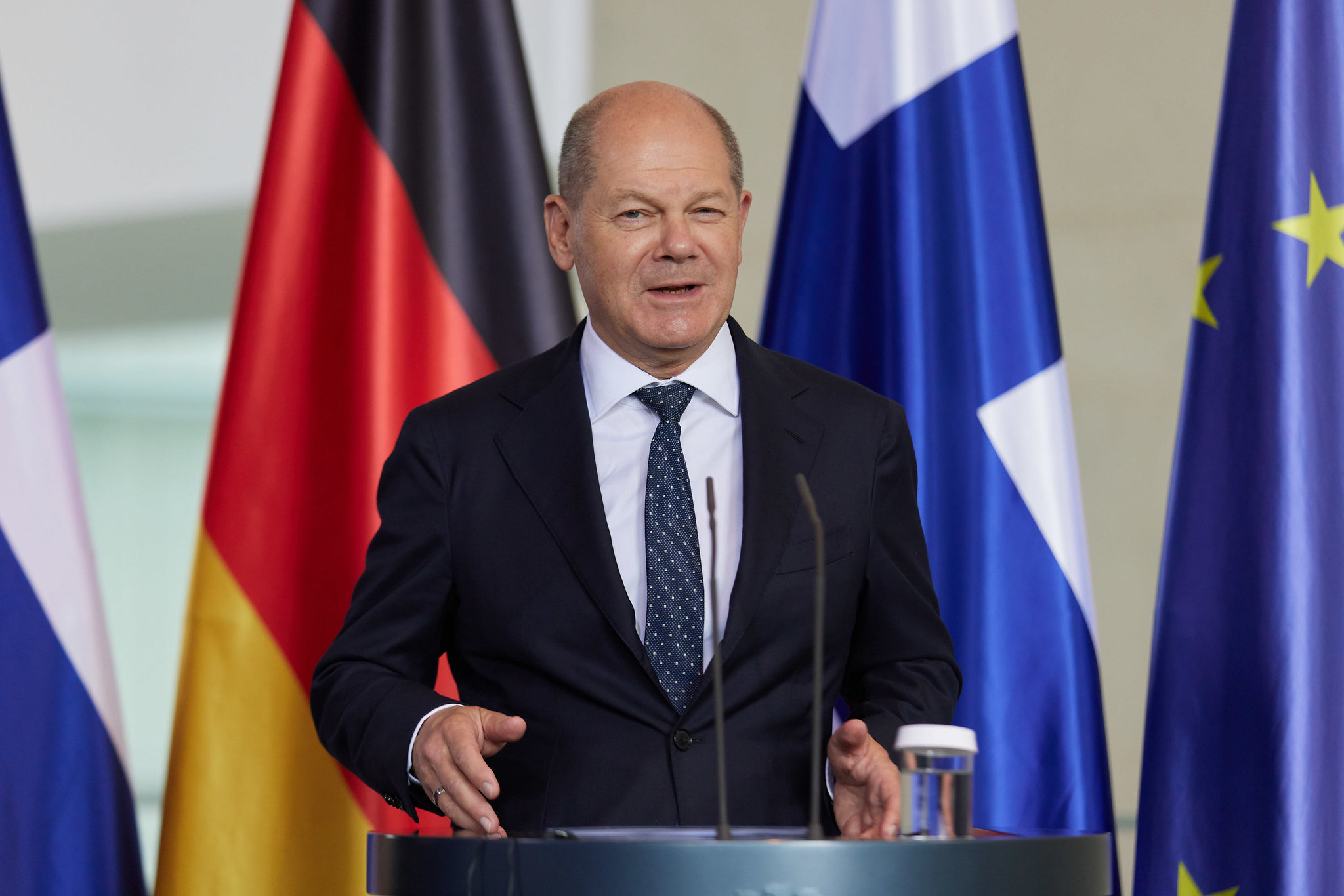Olof Scholz has a large (and unexpected) political problem
Published:
If there was one thing Southern European debtor countries got used to during the sovereign debt crisis, it was German politicians telling them no. Now, the German government, led by chancellor Olof Scholz (pictured below), may soon be put in a situation where austerity is the only way out. The reason is that the German constitutional court recently announced that the Scholz government’s plan to fund its ambitious program with funds existing outside of the main budget violated the rule that Germany’s budget deficits should not exceed 0.35% of its GDP. This makes it very reasonable to expect cuts to public budgets.

One thing does, however, seem clear: Such austerity poses political perils to the Scholz chancellorship. A very large political science literature shows that governments are punished for implementing austerity. Left-wing voters, that Scholz and his coalitation partners are likely to have to rely on to get a renewed mandate, are also frequently less supportive of austerity than those further on the right (though left-wing governments may not be more likely to be punished than right-wing ones). We may thus, depending on the specific design of the potential austerity, expect something similar to how people responded to the market liberalizing Hartz 4 reforms former chancellor Gerhard Schröder instituted in the early 2000’s: less trust in institutions, and greater support for fringe parties.
However, it does not seem to be the case that the German government’s austerity issues have softened their stances on the European level: German officials have argued strongly that the EU’s rules regarding national budgets, which specify things like the acceptable debt to GDP ratio, should remain as tough as they have previously been. The fact that a large majority of Germans still support the German version of a debt brake makes it unlikely that any German politician will see any great upside to advocating for relaxing the European version of the same brake any time soon.
